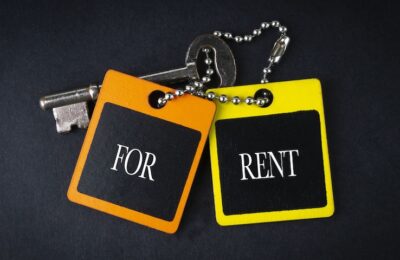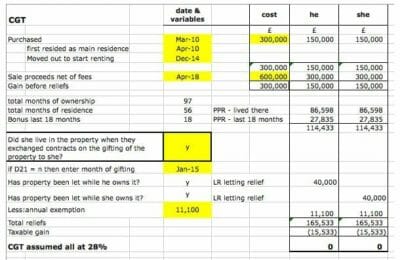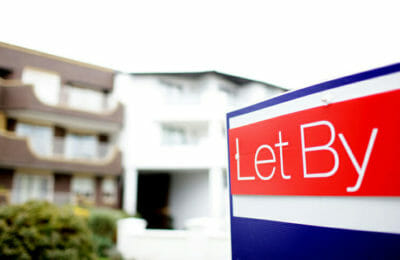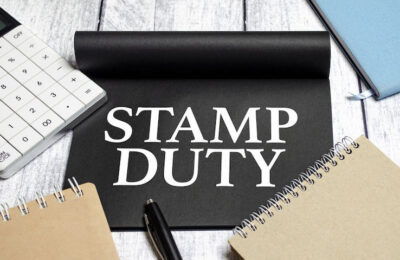Did you know that, if you let out furnished accommodation in your main home, you can qualify for a tax-free allowance of £7,500? It’s possible due to something called the Rent a Room Scheme. In this article, we’ll give you a brief guide to how the scheme works, and whether it could benefit you.
Who qualifies for the Rent a Room Scheme?
To qualify for the scheme, you need to offer furnished accommodation in your main (or only) home. You could, for example, let a furnished room to a lodger. You can also opt in to the scheme if your letting activity is a trade. For example, you qualify if you run a guest house, bed and breakfast business or an AirBnB in your main home.
You don’t have to own your main home, but if you rent it you will need your landlord’s permission to let rooms. If you do own your home, you’ll need to let your mortgage provider know. It’s also important to let your insurance provider know too, or alternatively take out specialist landlords’ insurance.
Who does not qualify for the Rent a Room Scheme?
You don’t qualify if you let out furnished accommodation that is used as an office or for a business. However, if you let a room to a student or someone who works from home during weekends and evenings, you can still qualify.
Most importantly, you do not qualify if you let accommodation in your main UK home while you are living abroad.
How much can I earn tax-free?
If you are the sole recipient of the income, you can earn up to £7,500 tax-free in a financial year. If you share the income with someone else, you can claim up to £3,750 each.
It’s important to note that this tax-free allowance doesn’t just apply to rent. If you charge tenants for items such as cleaning, meals or laundry, this income goes towards the tax-free allowance.
What do I do if my rental income is under £7,500?
If you qualify for the Rent a Room Scheme and earn under £7,500 from rental income, all you need to do is keep a record of that income. You are automatically exempt from paying tax on these earnings.
However, you can also opt out of the scheme. You might want to do this if you’ve made a loss and want to offset it against tax. You can opt out by writing to HMRC or by informing them in the property section of your Self Assessment Tax Return. You need to do this each year you want to opt out.
What if I earn more than £7,500?
If your gross receipts are more than £7,500, you have two choices. You can:
- Pay tax on your actual profit – your receipts minus expenses and capital allowances
- Pay tax on your gross receipts over £7,500.
If you do the latter, it’s worth noting that you cannot deduct any expenses or capital allowances. It’s definitely worth talking to your THP accountant to work out which method of paying tax is most efficient. Generally speaking, though, the second method is best if your expenses are under £7,500.
Remember: you need to tell HMRC which method you want to use by 31st January after the end of the tax year. It’s easiest to do this on your tax return.
What happens if I move home?
If you let out furnished accommodation in both your old and your new home, you just need to add together the income you made from both properties.
I’ve got some questions about the Rent a Room Scheme. How can I find out more?
If you have any questions about the Rent a Room Scheme, please speak to your THP account manager. They will be delighted to help you.
About Karen Jones
Having worked for one of the world’s largest accountancy firms, Karen Jones uses her tax knowledge and skills to help clients obtain substantial reductions to their tax liabilities.
With an expanding portfolio of tax clients, Karen enjoys the variety her work brings her and particularly likes working with new businesses and people. With a growing number of tax clients, she frequently faces a variety of challenges and relishes the experience she gains as she solves them.
Karen likes the THP ethos: “I like the way the team has a professional, but friendly and down-to-earth approach – it creates a productive atmosphere that benefits everyone.”
Karen’s specialist skills:
- Personal Taxation
- Tax Efficient Planning
- Trust Administration












